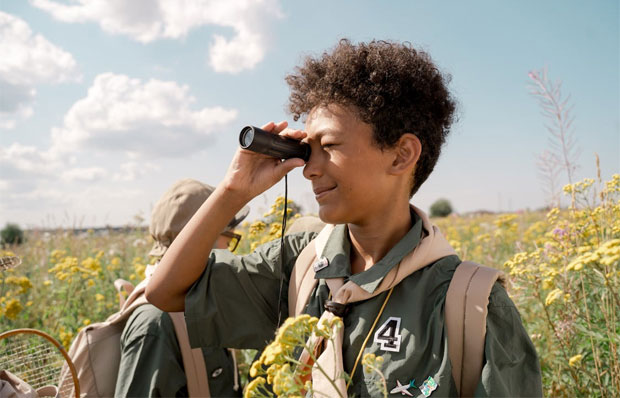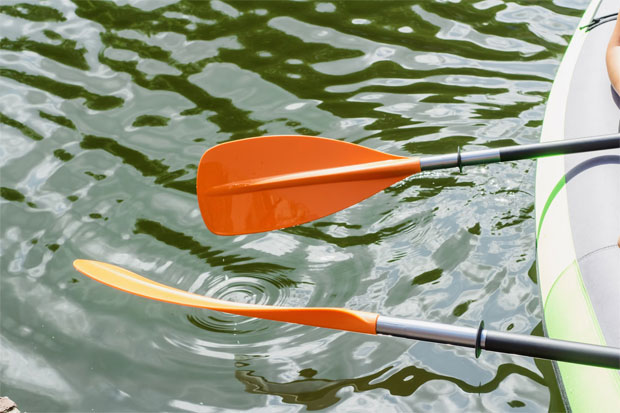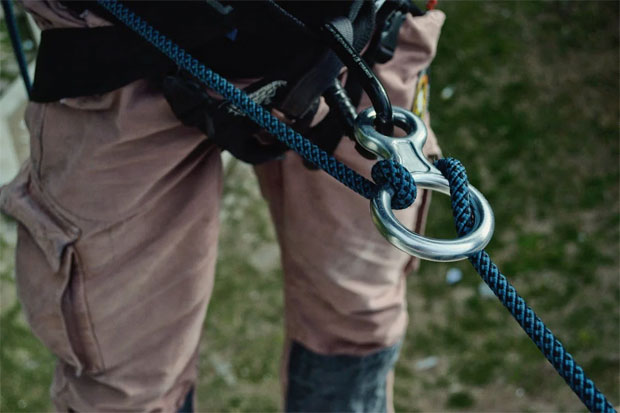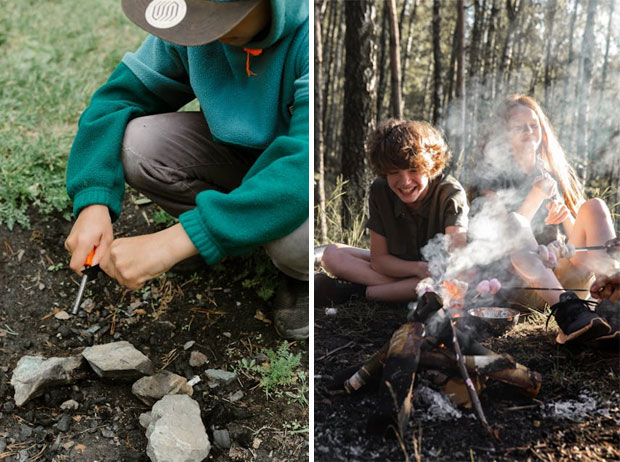The Best Outdoor Adventures for Building Confidence in Secondary School Students

The Best Outdoor Adventures for Building Confidence in Secondary School Students
Building confidence in secondary school students is essential for their personal development and future success. While academic achievements play a key role, outdoor adventures offer unique opportunities for students to step out of their comfort zones, face challenges, and gain the confidence they need to thrive. Engaging in outdoor activities as part of secondary school residential trips allows students to develop life skills, foster independence, and build resilience—all while having fun. Here are some of the best outdoor adventures that help secondary school students boost their confidence.
1. High Ropes Courses
High ropes courses are a classic outdoor activity for building confidence. These courses consist of elevated obstacles like rope bridges, balance beams, and zip lines that challenge students to overcome their fear of heights while relying on their physical and mental strength. Completing a high ropes course not only boosts physical confidence but also helps students learn to trust themselves and others.
As they navigate each challenge, students develop a sense of accomplishment and pride. Overcoming the fear and uncertainty that comes with being high off the ground reinforces their belief in their abilities and helps them tackle challenges with greater confidence.

2. Kayaking and Canoeing
Water-based activities like kayaking and canoeing offer secondary school students an excellent opportunity to develop their self-reliance and teamwork skills. Whether navigating calm lakes or challenging rivers, these activities require students to learn new techniques, coordinate with others, and work through potential challenges such as strong currents or navigating around obstacles.
Kayaking and canoeing help build confidence by showing students that with the right mindset and perseverance, they can take control of a situation, even in unfamiliar or unpredictable environments. Working together as a team also reinforces collaboration and communication, which are essential for building both self-confidence and group cohesion.
3. Rock Climbing and Abseiling
Few activities challenge both the mind and body like rock climbing and abseiling. These activities test a student’s strength, endurance, and problem-solving skills as they figure out how to scale or descend a wall. Climbing pushes students to trust their instincts and confront their fears head-on, which is crucial for building confidence.
Abseiling down a cliff or wall after a climb is another confidence-boosting activity, as students must trust in their own abilities and the safety equipment. By the time they’ve completed a rock climbing or abseiling challenge, students feel a tremendous sense of achievement, which translates into increased self-assurance.

4. Orienteering and Navigation Challenges
Orienteering involves navigating unfamiliar terrain using maps, compasses, and sometimes GPS devices, making it a fantastic activity for building critical thinking and decision-making skills. Secondary school students learn to trust their instincts and take responsibility for finding their way in a structured but adventurous environment.
Orienteering challenges encourage independence and resilience, as students must solve problems on the go and adapt to changes in the landscape. These challenges help build confidence as students successfully navigate their way through trails and checkpoints, boosting their belief in their ability to handle real-world situations.
5. Team-Building Challenges and Problem-Solving Games
Many secondary school residential trips include team-building challenges designed to foster collaboration, leadership, and communication. These activities often require students to work together to solve puzzles, complete physical tasks, or overcome obstacles as a group. Whether it’s constructing a raft, navigating a ropes course as a team, or completing a ground-based obstacle course, these activities help students learn to trust their peers and communicate effectively.
As they succeed in these team-building challenges, students not only build interpersonal skills but also develop confidence in their ability to contribute to group success. Learning how to lead and follow when necessary fosters both individual and collective confidence.

6. Camping and Wilderness Survival
Camping and wilderness survival activities encourage students to develop self-reliance and practical skills in the great outdoors. From setting up tents to cooking meals over a campfire, these activities teach students how to handle the challenges of living outside their comfort zone. Wilderness survival skills such as building shelters, identifying plants, and starting fires boost confidence by showing students that they can thrive even in unfamiliar environments.
Camping experiences also foster a deeper connection with nature, providing a sense of peace and accomplishment that enhances emotional resilience and self-assurance.
Conclusion
Outdoor adventures offer a wealth of opportunities for secondary school students to build their confidence through physical challenges, teamwork, and personal growth. Activities like high ropes courses, kayaking, rock climbing, orienteering, and team-building exercises help students overcome fears, develop critical thinking, and strengthen their belief in their abilities. Secondary school residential trips that incorporate these outdoor adventures provide students with a unique environment to grow, learn, and gain the confidence they need to succeed in both their academic and personal lives. By stepping outside of their comfort zones, students return to school with a newfound sense of self-assurance and resilience.
Also Read: Packing for a School Residential Trip | The Ultimate Guide
| Guest Article.




